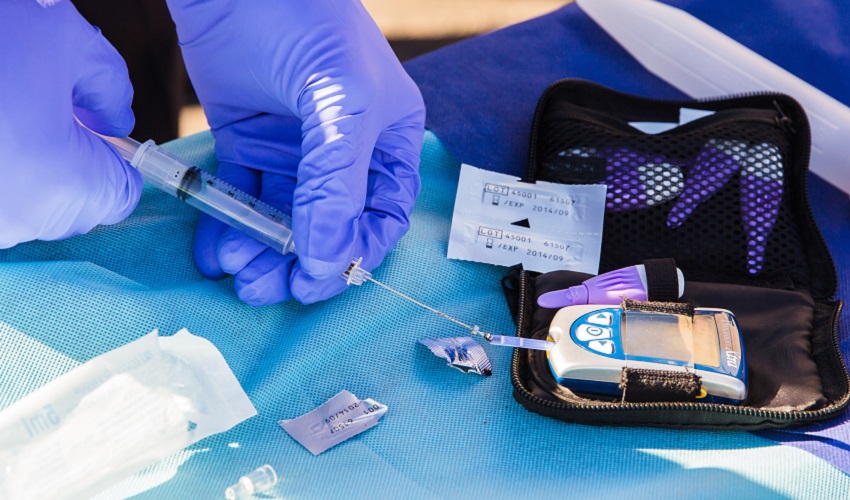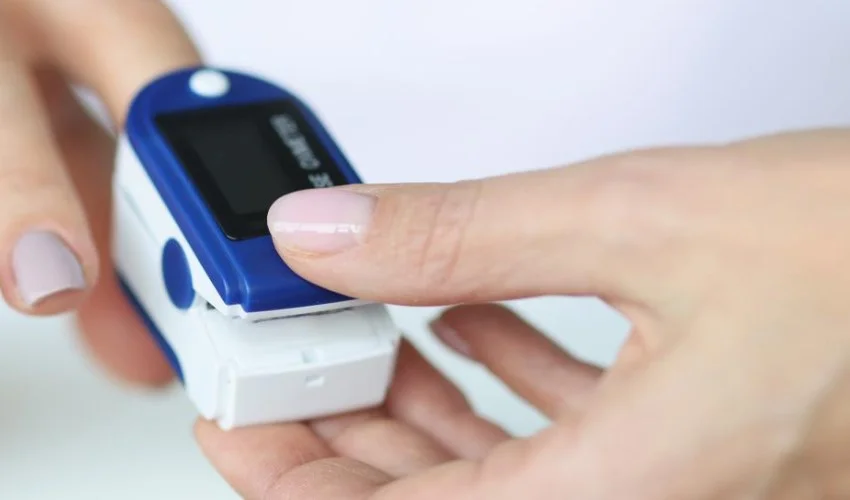Living with diabetes can be a daily struggle, impacting the quality of life for millions of individuals worldwide. However, there is growing interest and hope surrounding the possibility of reversing diabetes. In this article, we will explore the potential for reversing diabetes, examining the scientific evidence, strategies, and lifestyle modifications that can help diabetic patients achieve better control over their condition.
Understanding Diabetes
Diabetes is classified into different types: type 1 diabetes, type 2 diabetes, gestational diabetes, and other rarer forms. Understanding the differences between these types is essential in comprehending the potential for reversal.
Causes and Risk Factors
The exact causes of diabetes vary depending on the type. Type 1 diabetes is thought to be influenced by genetic and environmental factors, while type 2 diabetes is strongly associated with lifestyle choices such as poor diet, sedentary behavior, and obesity. Gestational diabetes develops during pregnancy and usually resolves after delivery.
Impact on Quality of Life
Diabetes can significantly impact an individual’s quality of life. Managing the condition requires constant monitoring of blood sugar levels, medication administration, dietary restrictions, and regular medical check-ups. Diabetes can lead to various complications, including heart disease, kidney disease, nerve damage, and vision problems. These factors can cause physical discomfort, emotional distress, and limitations on daily activities.
Can Diabetes Be Reversed?
When discussing diabetes reversal, it is essential to clarify what is meant by the term. Reversal does not imply a complete cure but rather achieving blood sugar control without the need for medications or with significantly reduced medication dependence. The goal is to restore normal blood sugar levels, improve overall health, and minimize the risk of complications.
Is Reversal Possible?
While type 1 diabetes cannot be reversed due to the underlying autoimmune destruction of insulin-producing cells, type 2 diabetes and gestational diabetes may be reversible. Lifestyle modifications, including dietary changes, increased physical activity, and weight management, play a crucial role in achieving better glycemic control and, in some cases, even reducing or eliminating the need for medications.
Factors Affecting Reversal Potential
Several factors influence the potential for reversing diabetes. Early diagnosis, proactive management, and adherence to treatment plans are essential. The duration and severity of the condition, as well as an individual’s commitment to lifestyle changes, can impact the chances of successful reversal. Additionally, genetic predisposition, age, and overall health status may also play a role.
Lifestyle Modifications for Reversing Diabetes
A healthy, well-balanced diet is paramount in diabetes management and potential reversal. Emphasize whole foods, including fruits, vegetables, whole grains, lean proteins, and healthy fats. Limit or avoid sugary beverages, processed foods, high-fat meals, and excessive consumption of refined carbohydrates. Portion control and mindful eating practices can help manage blood sugar levels effectively.
The Role of Physical Activity
Regular physical activity improves insulin sensitivity, aids weight loss, and helps regulate blood sugar levels. Engage in a combination of aerobic exercises, strength training, and flexibility exercises. Aim for at least 150 minutes of moderate-intensity exercise per week, spread over several days.
Weight Management
Weight loss is particularly beneficial for individuals with type 2 diabetes who are overweight or obese. Even modest weight loss can improve insulin sensitivity and glycemic control. Consult a healthcare professional or a registered dietitian for personalized guidance on achieving and maintaining a healthy weight.
Stress Reduction Techniques
Chronic stress can contribute to elevated blood sugar levels. Engaging in stress-reducing activities such as meditation, deep breathing exercises, yoga, and hobbies can help manage stress levels and positively impact diabetes control.
Medical Interventions and Treatments
Various medications are available for managing diabetes, including oral medications, injectable medications, and insulin therapy. These medications help control blood sugar levels and may be necessary even when adopting lifestyle modifications. Work closely with a healthcare provider to determine the most suitable medication regimen.
Bariatric Surgery
Bariatric surgery, such as gastric bypass or sleeve gastrectomy, can lead to significant weight loss and improve glycemic control in individuals with severe obesity and type 2 diabetes. However, it is not a suitable option for everyone and should be considered after thorough evaluation and discussion with a healthcare team.
Islet Cell Transplantation
Islet cell transplantation involves transplanting insulin-producing cells into the body to restore insulin production. While still considered an experimental procedure, it shows promise in improving glycemic control and reducing the need for insulin injections in selected cases.
Artificial Pancreas
The development of artificial pancreas systems aims to automate insulin delivery based on real-time glucose monitoring. These systems hold the potential in improving glycemic control and reducing the burden of diabetes management.
Stem Cell Therapy
Stem cell research offers hope for regenerating insulin-producing cells in individuals with type 1 diabetes. While still in the experimental stage, this approach may hold future possibilities for reversing the condition.
Immunotherapy
Immunotherapy focuses on modulating the immune response to protect and preserve insulin-producing cells. Ongoing research is exploring the potential of immunotherapy in preventing and treating type 1 diabetes.
Gene Therapy
Gene therapy aims to correct genetic abnormalities associated with diabetes or enhance insulin production. Although in the early stages of research, gene therapy holds promise for potential future applications.
Monitoring and Support
Regular self-monitoring of blood glucose levels is crucial for managing diabetes effectively. Blood glucose meters, continuous glucose monitoring systems, and other innovative technologies assist in tracking blood sugar trends and adjusting treatment plans accordingly.
Diabetes Education and Self-Management
Diabetes education programs empower individuals with knowledge and skills to effectively manage their condition. These programs cover topics such as diet, exercise, medication management, blood sugar monitoring, and problem-solving strategies.
Psychological Support
Managing diabetes can take an emotional toll. Accessing support from healthcare professionals, diabetes support groups, or counseling services can help individuals cope with the psychological challenges associated with the condition.
Preventing Diabetes and Promoting Overall Health
Early detection and diagnosis of prediabetes or diabetes allow for timely intervention and lifestyle modifications to prevent or delay the progression of the condition. Regular health check-ups and screenings are essential.
Diabetes Prevention Programs
Evidence-based diabetes prevention programs emphasize lifestyle changes, including healthy eating, increased physical activity, and behavior modification, to prevent or delay the onset of type 2 diabetes in individuals at high risk.
Importance of a Healthy Lifestyle
Maintaining a healthy lifestyle is crucial not only for diabetes management but also for overall health and well-being. Prioritize regular physical activity, a balanced diet, adequate sleep, stress management, and avoiding tobacco and excessive alcohol consumption.
While the concept of reversing diabetes holds immense promise, it is important to approach the topic with realistic expectations. Lifestyle modifications, such as adopting a healthy diet, regular exercise, and weight management, form the cornerstone of diabetes management. Additionally, medical interventions and ongoing research provide further hope for improved outcomes. However, individual responses to treatment may vary, and long-term sustainability remains a challenge due to various factors.
For those interested in exploring a structured program specifically designed for diabetes reversal, there are reputable resources available. These programs offer comprehensive guidance, personalized support, and evidence-based strategies to help individuals manage their diabetes effectively. It is recommended to consult with healthcare professionals and do thorough research to find a program that aligns with individual needs and goals.
Remember, diabetes management and potential reversal require commitment, consistency, and ongoing monitoring. By combining lifestyle modifications, medical interventions, and support, individuals with diabetes can strive for better control over their condition and improved quality of life.




